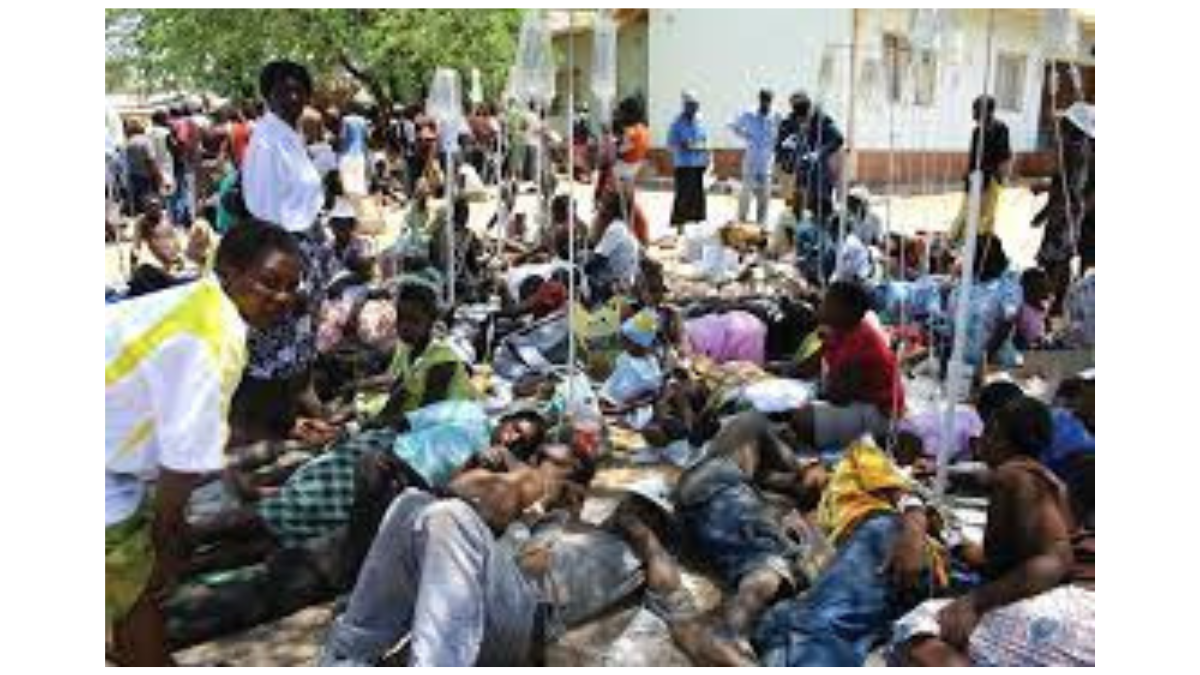Due to a cholera outbreak, Zimbabwe has declared a state of emergency in its capital, Harare. There are over 7,000 suspected cases of the outbreak, and so far, dozens of people have died from it. According to the city authorities, the outbreak that is sweeping across the entire city has brought back memories of a deadly outbreak that claimed thousands of lives back in 2008.
“Due to cholera, we have imposed a state of emergency,” Mayor Ian Makone was cited by the local media.
Health officials in the country of southern Africa report that since February, there have been over 8,000 suspected cases and over 150 suspected deaths due to the virulent bacterial disease. Recent years have seen numerous deadly cholera outbreaks in Zimbabwe; over the past month, the disease has returned, driven by the occasionally terrible hygienic conditions in deprived, neglected townships and neighborhoods in the country’s capital, Harare, among other places.
Zimbabwe’s Health Ministry has identified 1,241 laboratory-confirmed cases of cholera and 8,087 suspected cases since the latest outbreak began. It stated that 51 laboratory-confirmed deaths and 152 suspected deaths from cholera have occurred.
According to the Red Cross Federation, the outbreak in Zimbabwe is affecting over 10 million people, including over 5 million children, and is moving from urban to rural areas. It stated that inadequate hygiene was one of the main causes, along with ignorance and religious practices such as self-styled prophets telling followers of their sect to forgo seeking medical attention in favor of prayer and objects like holy water.
Table of Contents
What is triggering the Cholera outbreak?
It mentions a shortage of medical personnel to handle the cases and a shortage of supplies to halt the spread. Due to a shortage of clean water, Zimbabwe has been struggling with a deadly cholera outbreak in recent months. According to the authorities, the high-density suburb of Kuwadzana in Harare is the epicenter of the most recent outbreak, accounting for nearly half of the cases that have been reported.
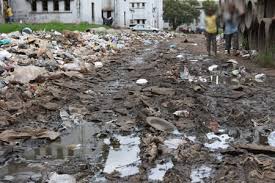
Acute diarrheal illness known as cholera is brought on by consuming food or water tainted with the Vibrio cholerae bacteria. To replenish the fluids and salts lost due to vomiting and diarrhea, it is treated with an oral rehydration solution.
Rehydrating patients is a common treatment for cholera, a water-borne illness that can be fatal in a matter of hours if left untreated. If cases are detected early, however, they can typically be easily cured. In busy shopping malls, flies are seen hovering over piles of unsorted trash. Broken pipes release raw sewage into the streets and occasionally into residential yards.
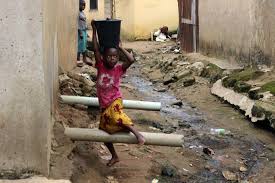
In order to divert the flow away from their homes, many people have dug trenches. Many locals are forced to dig shallow wells and boreholes that are also contaminated by sewage because of long-standing municipal government shortcomings, which leave them without tap water for months at a time.
Urgent measures underway for prevention
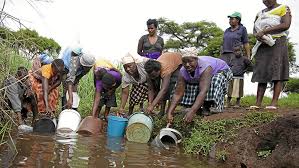
Staff and volunteers of the Zimbabwe Red Cross Society have been mobilized, and they are still responding to the outbreak by raising awareness of WASH (water, sanitation, and hygiene) practices and stressing the value of WASH education for healthier communities. The Ministry of Health in Zimbabwe is working to launch this public health education initiative. The number of newly reported cases is currently rising quickly and at a high rate. It is now urgently necessary to take more mitigation steps in order to stop the spread and lower cross-border transmission.
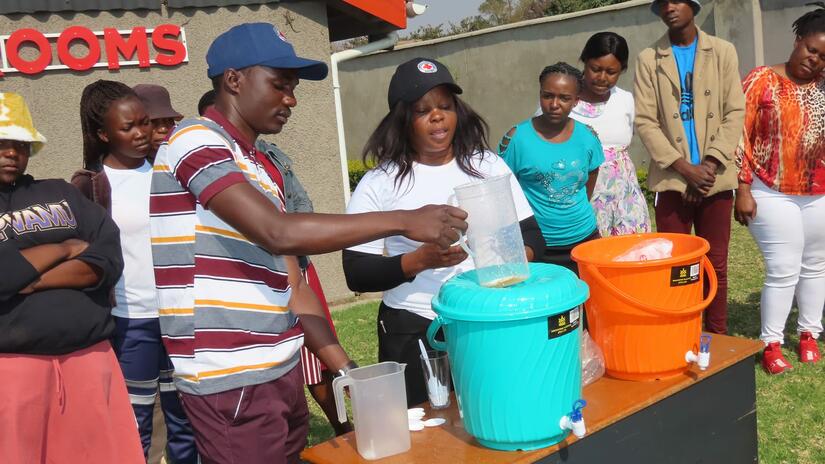
The relief efforts were previously supported by CHF 464,595 that the IFRC had set aside from its Disaster Response Emergency Fund (DREF). The Emergency Appeal is concentrated on three important areas: better case management, better water and sanitation facilities, and stopping the spread of cholera. The appeal also emphasizes how crucial it is to be inclusive, accountable, and involved in the community in order to provide an extensive response to the various needs of the impacted communities.


